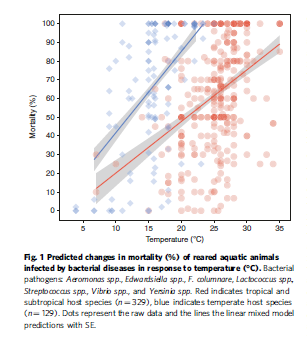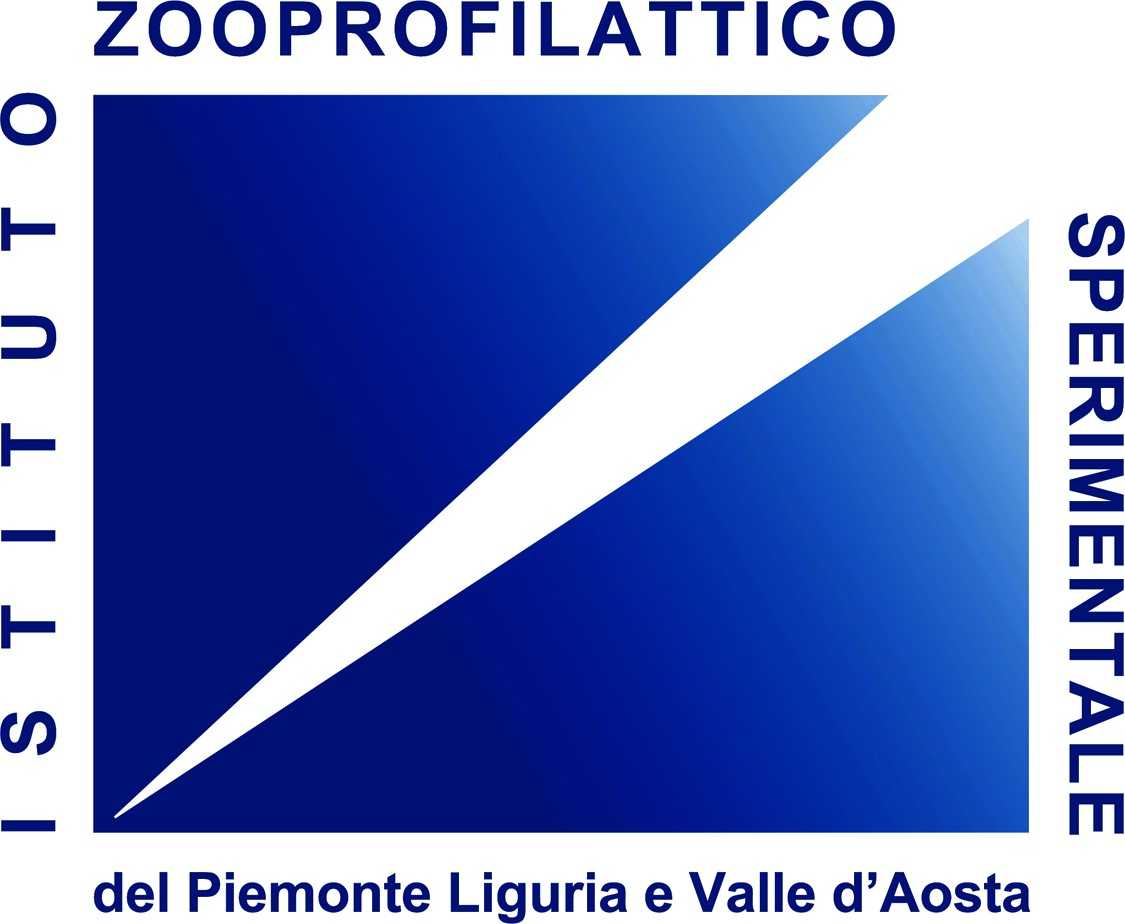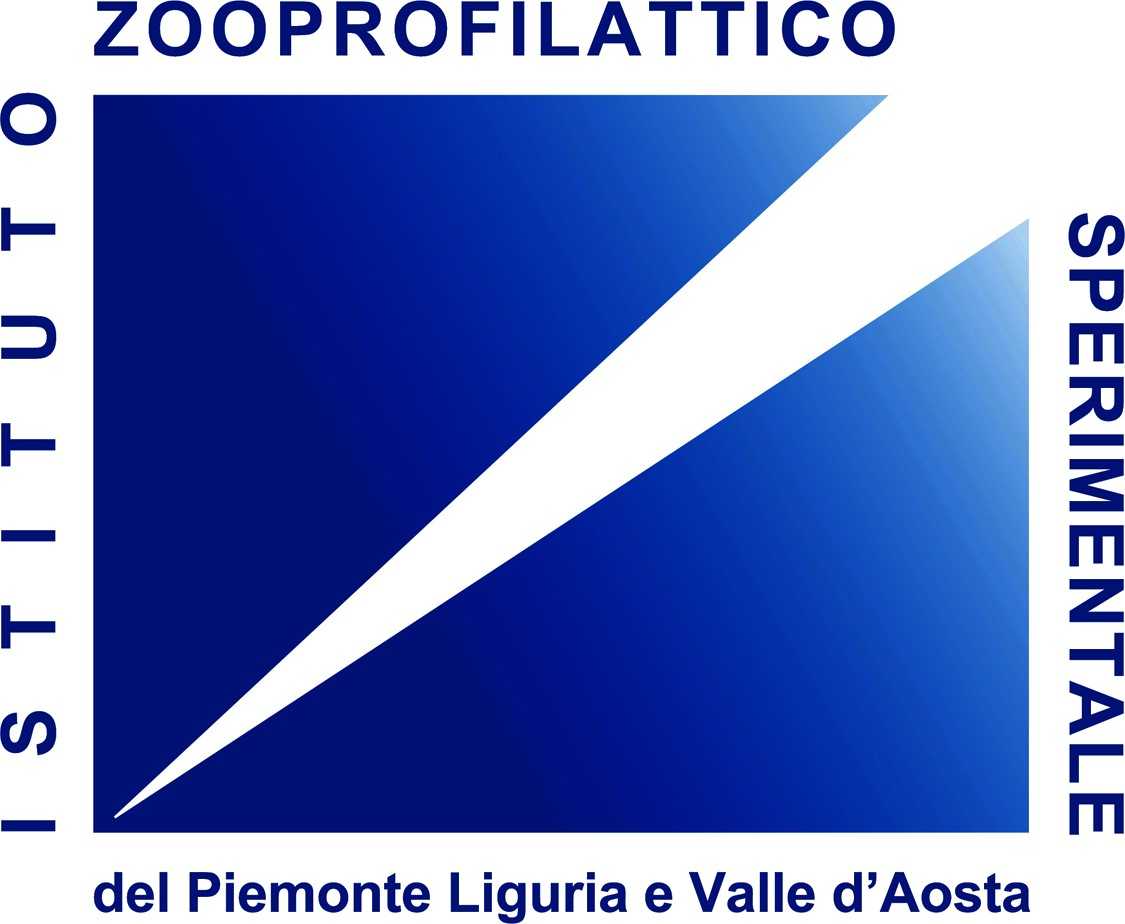Miriam Reverter et al. NATURE COMMUNICATIONS | (2020) 11:1870 | https://doi.org/10.1038/s41467-020-15735-6
In many developing countries, aquaculture is key to ensuring food security for millions of
people. It is thus important to measure the full implications of environmental changes on the
sustainability of aquaculture. We conduct a double meta-analysis (460 articles) to explore
how global warming and antimicrobial resistance (AMR) impact aquaculture. We calculate a
Multi-Antibiotic Resistance index (MAR) of aquaculture-related bacteria (11,274 isolates) for
40 countries, of which mostly low- and middle-income countries present high AMR levels.
Here we show that aquaculture MAR indices correlate with MAR indices from human clinical
bacteria, temperature and countries’ climate vulnerability. We also find that infected aquatic
animals present higher mortalities at warmer temperatures. Countries most vulnerable to
climate change will probably face the highest AMR risks, impacting human health beyond the
aquaculture sector, highlighting the need for urgent action. Sustainable solutions to minimise
antibiotic use and increase system resilience are therefore needed.




